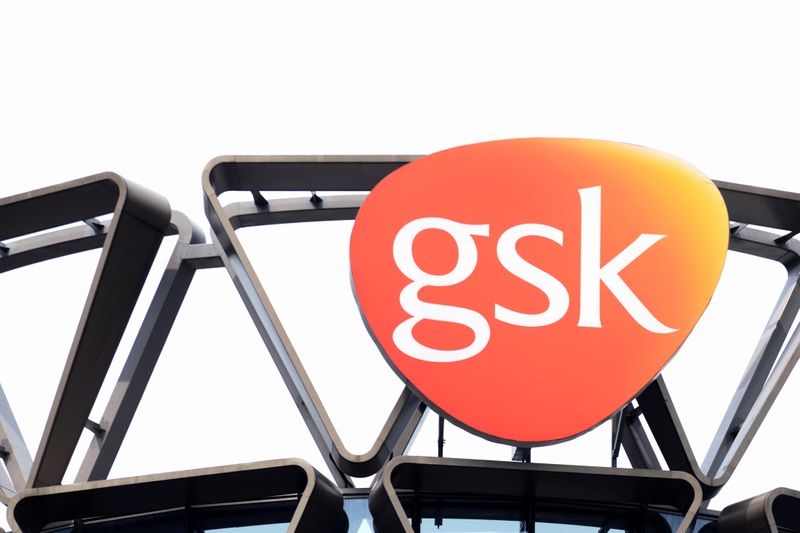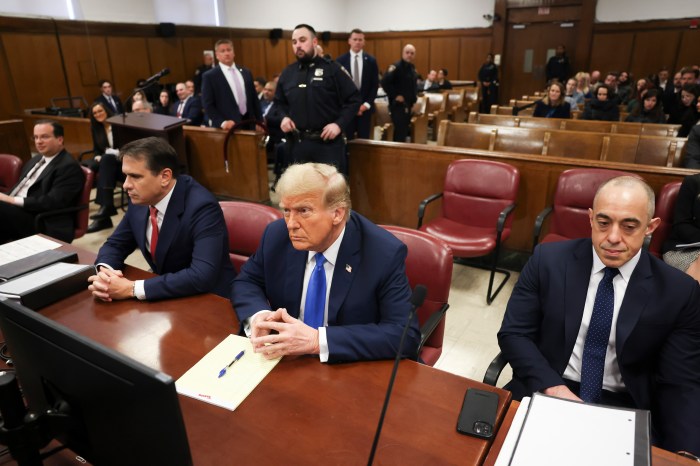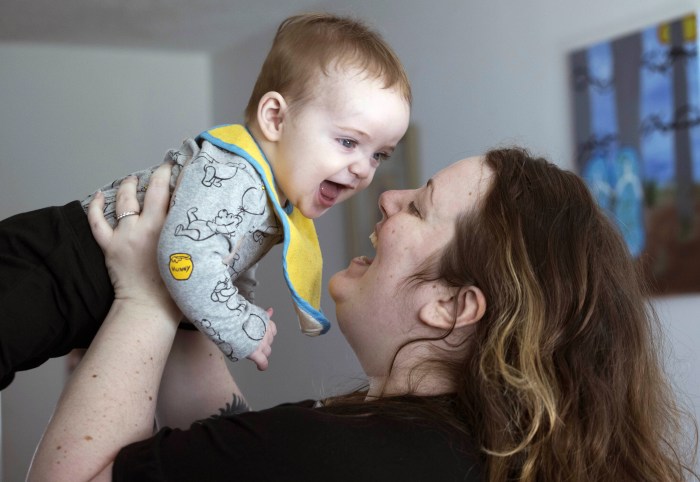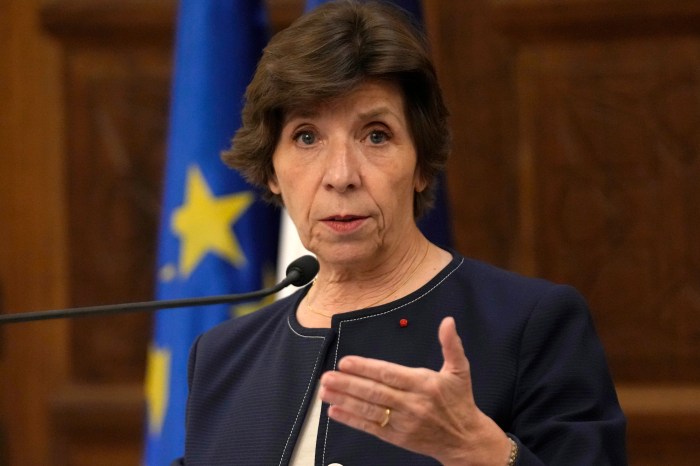(Reuters) – GlaxoSmithKline will start trials of an experimental rheumatoid arthritis drug on patients suffering from pneumonia related to COVID-19 at the end of the month.
Having screened its drugs for potential in the fight against the coronavirus, GSK found that otilimab – in which GSK acquired rights from German biotech firm Morphosys in 2013 – could possibly ease the devastating effect of the virus on the lungs but not suppress it directly, a company spokesman said.
For the study, about 800 patients will receive either otilimab or a placebo, according to website ClinicalTrials.gov.
Initial results are expected towards the end of 2020. If the results show promise, GSK would consider making regulatory filings next year, the GSK spokesman said.
Britain’s largest drugmaker, like many peers, has been screening its approved and experimental drugs for modes of action that could be of potential therapeutic use in patients who have contracted COVID-19.
Patients with severe symptoms are believed to suffer from an overreaction of the immune system known as cytokine storm and GSK aims to show that a drug designed to fight an autoimmune disease can help.
Rival AstraZeneca is pursuing a similar approach, trying its blood cancer drug Calquence on severely ill COVID-19 patients, seeking also to rein in an overactive immune system.
In the fight against the virus, GSK has so far brought to bear its knowledge on adjuvants, which are efficacy boosters used in many vaccines. Its development partners include Sanofi and Chinese biotech companies Clover Biopharmaceuticals and Xiamen Innovax.
In April GSK invested $250 million in Vir Biotechnology under a collaboration agreement to develop potential antibody treatments for COVID-19.
(Reporting by Ludwig Burger; Editing by Elaine Hardcastle and David Goodman)



















